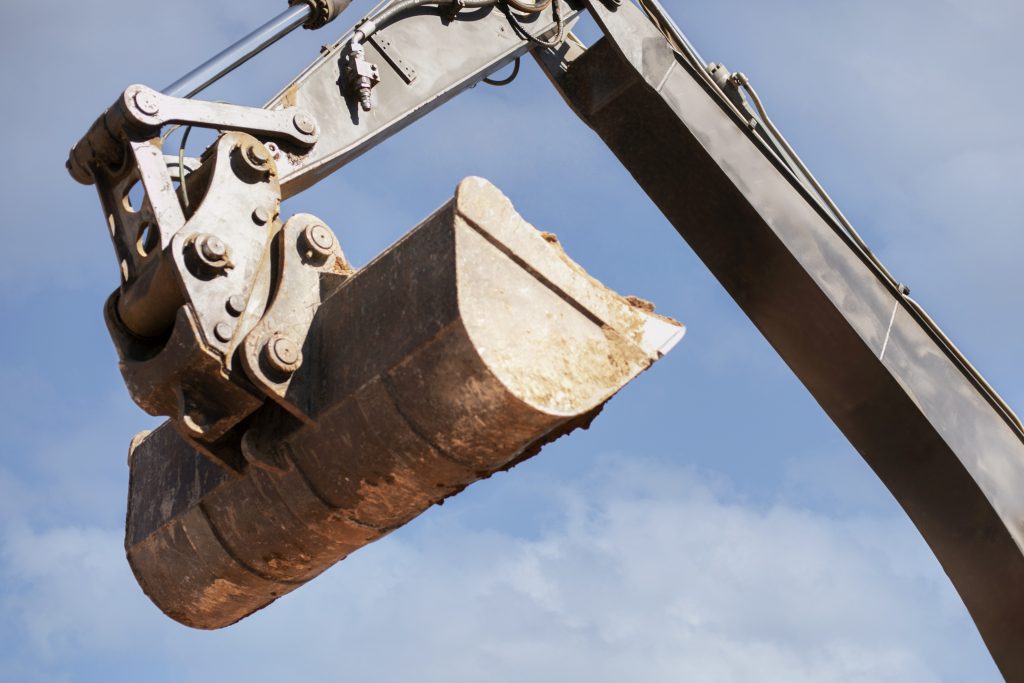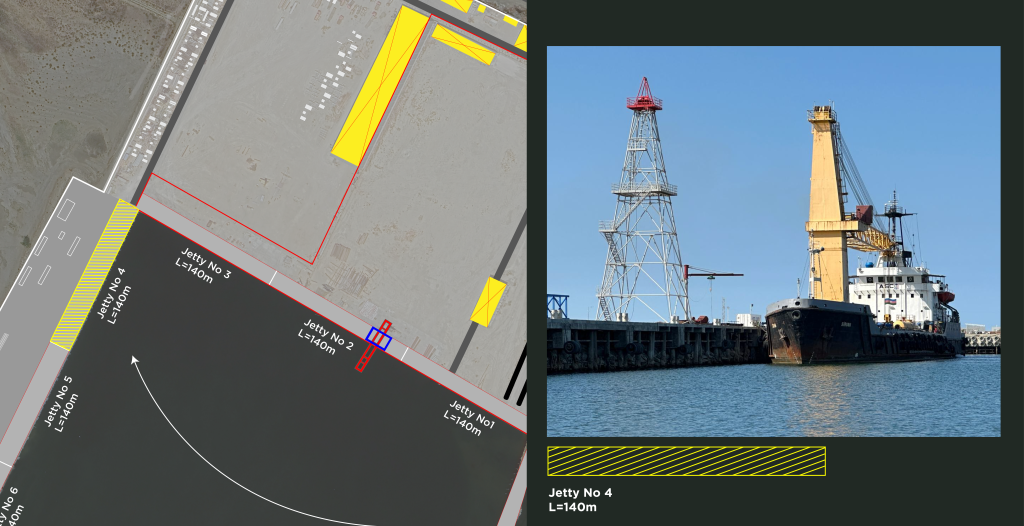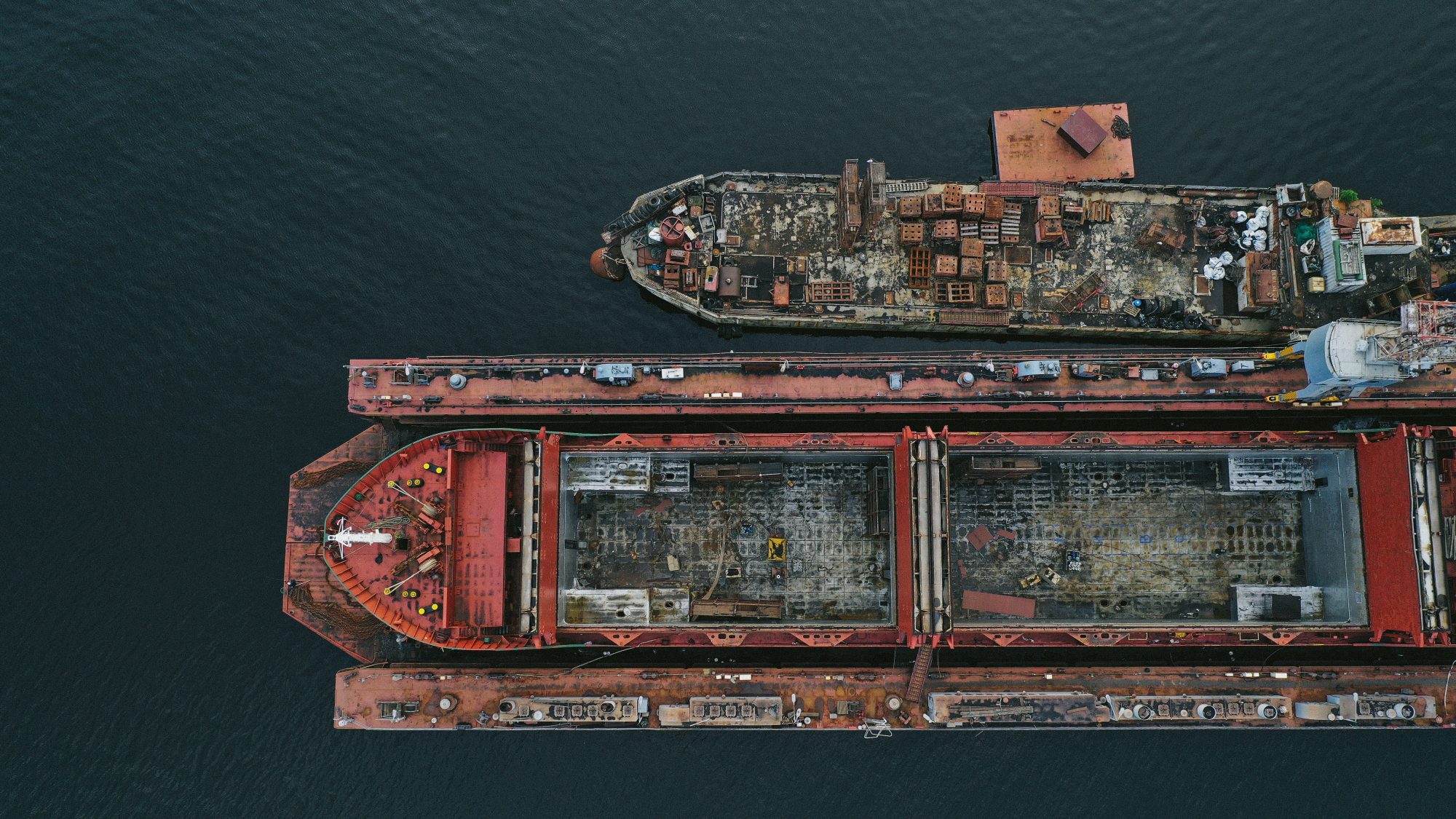Solid Waste Management
The garbage containers located inside the premises are sufficient to store household and domestic waste. If necessary, an additional trash chute will be provided for storing hazardous waste. A 10 m³ garbage truck will be available for the collection and transportation of the waste from the yard to the disposal area. The transported trash is then recycled at the “Tamiz Shahar” LLC disposal yard. A document indicating the disposal information will be provided. All vehicles have the necessary licenses and permits for waste management.
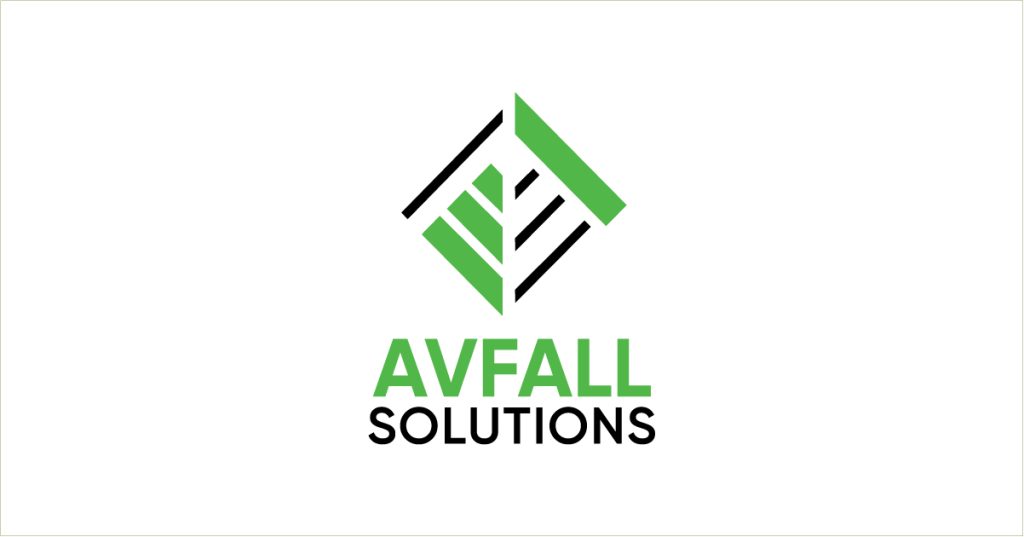
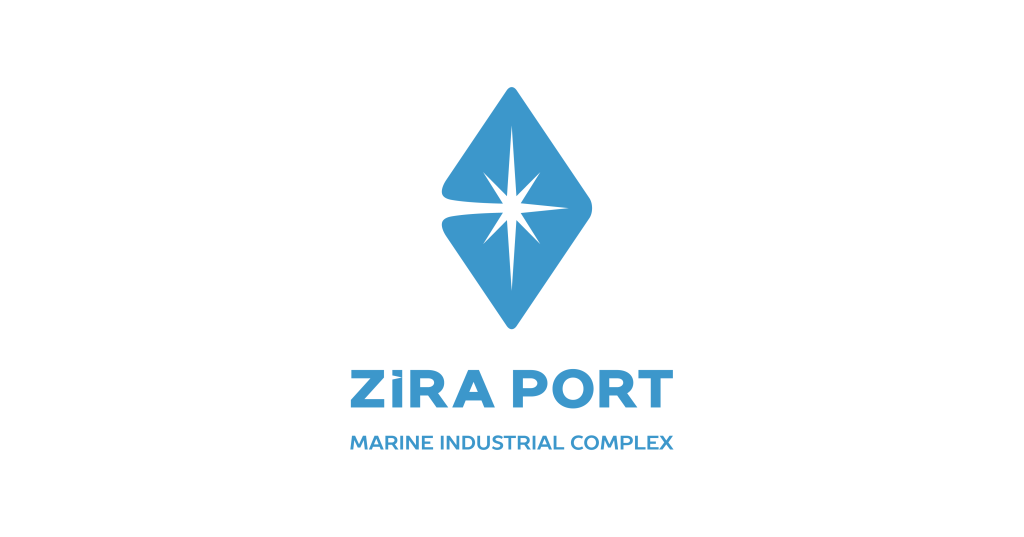
The collaboration between AVFALL Solutions and ZIRA PORT Marine Industrial Complex
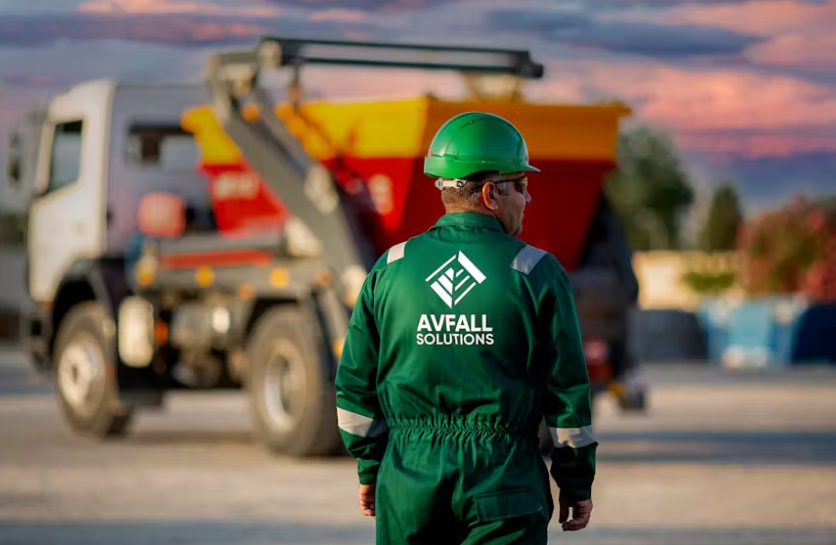
Liquid Waste Management
Zira Port can provide collection, transportation, and disposal services for the following liquid wastes generated on vessels:
- Oily water: Water mixed with oil, petroleum, or other chemical substances. Oily water requires extra care during transportation and disposal.
- Grey water: Wastewater mainly generated in households, such as from sinks, showers, washing machines, etc. The mixture is generally neutral and requires less care.
- Sewage (black water): Wastewater containing feces, urine, and flush water from toilets. Black water contains pathogens and therefore requires special attention during processing.

İndustrial Waste
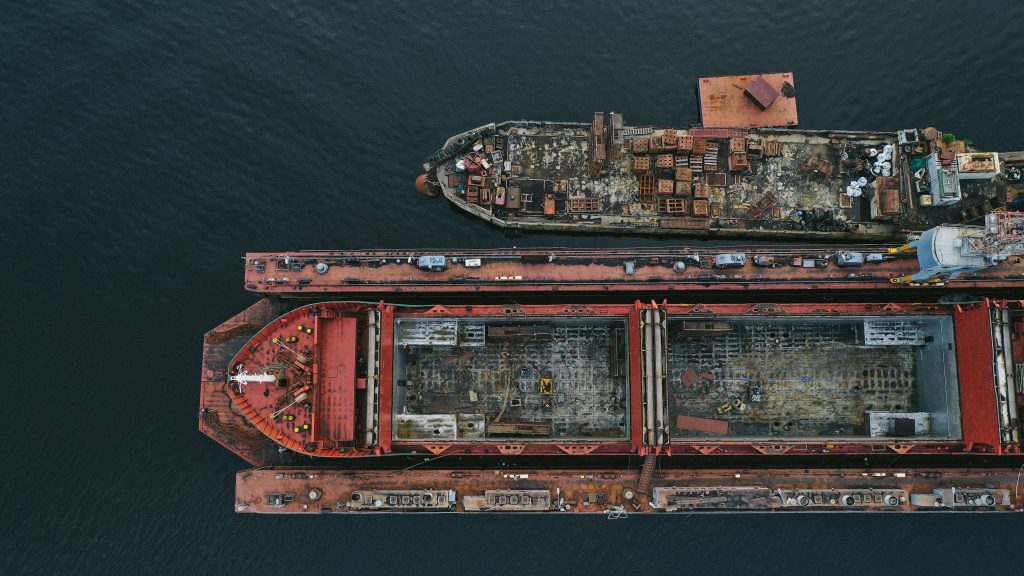
Industrial Waste Management at Zira Port:
At Zirə Port, industrial waste primarily originates from activities such as ship repair, cargo handling, fuel processing, and technical services. If not properly managed, this waste can harm both the water bodies and the surrounding environment. As part of its goal to develop as a “green port,” Zirə Port focuses on reducing waste and adopting environmentally sustainable practices.
Types of Industrial Waste at Zirə Port:
Ship-related Waste:
- Oily Water Waste: Oil and fuel residues from ships can contaminate water bodies.
- Solid Waste and Household Waste: Food scraps, plastics, and other solid waste generated aboard ships are collected within the port area.
Fuel and Chemical Waste:
- Fuel Waste: Waste from oil and fuel used to power ships.
- Chemical Waste: Chemicals used during ship repair and maintenance that can result in hazardous waste.
Metal and Scrap Waste:
- Metal Scraps: Iron and steel fragments generated during ship repairs are considered industrial waste.
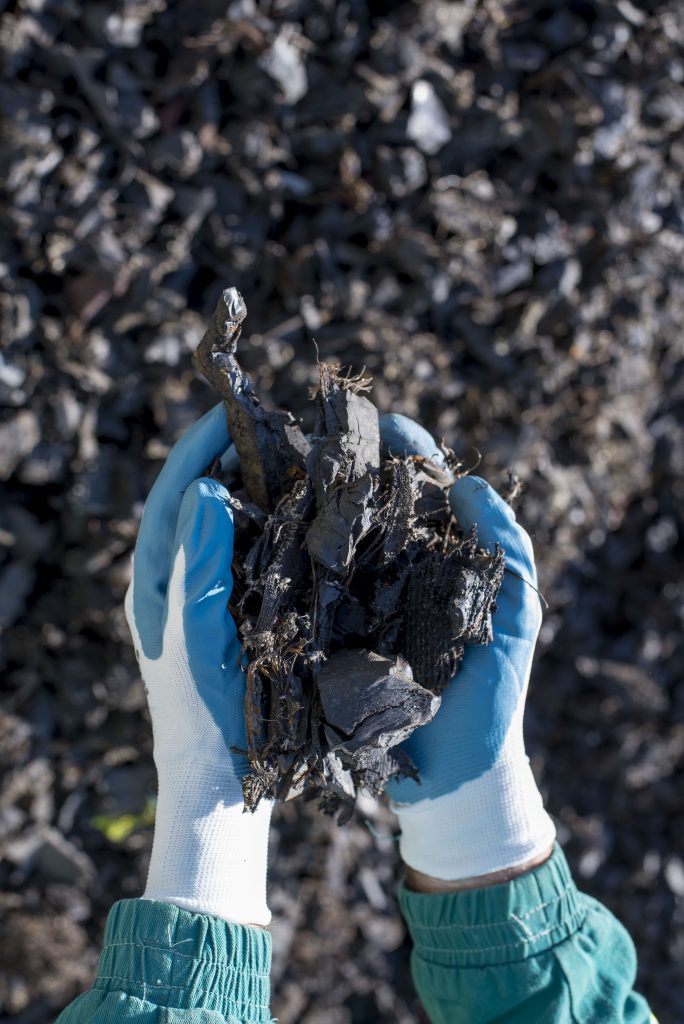
Zirə Port’s Waste Management Strategy:
Waste Sorting and Recycling: Zirə Port emphasizes sorting waste and recycling to reduce the volume of waste and make efficient use of recyclable materials.
- Metal Recycling: Iron and steel scraps from ship repairs are sent for recycling.
- Plastic and Household Waste: Plastics and other waste are directed to specialized recycling facilities.
Liquid Waste Management:
- Treatment of Oily Water: Oily water is treated in special facilities to remove harmful substances, preventing water pollution.
- Neutralization of Chemical Waste: Chemicals are processed in such a way that their environmental impact is minimized.
Environmental Monitoring and Control Systems:
- Zirə Port has implemented environmental monitoring systems to oversee the collection and management of waste. These systems track waste levels and allow for immediate intervention if any environmental risks arise.
Zero-Waste Policy:
- In alignment with the “green port” strategy, Zirə Port is striving for zero-waste practices by incorporating technological innovations and environmentally friendly methods. This includes energy efficiency measures and the use of alternative energy sources, contributing to waste reduction.
Conclusion:
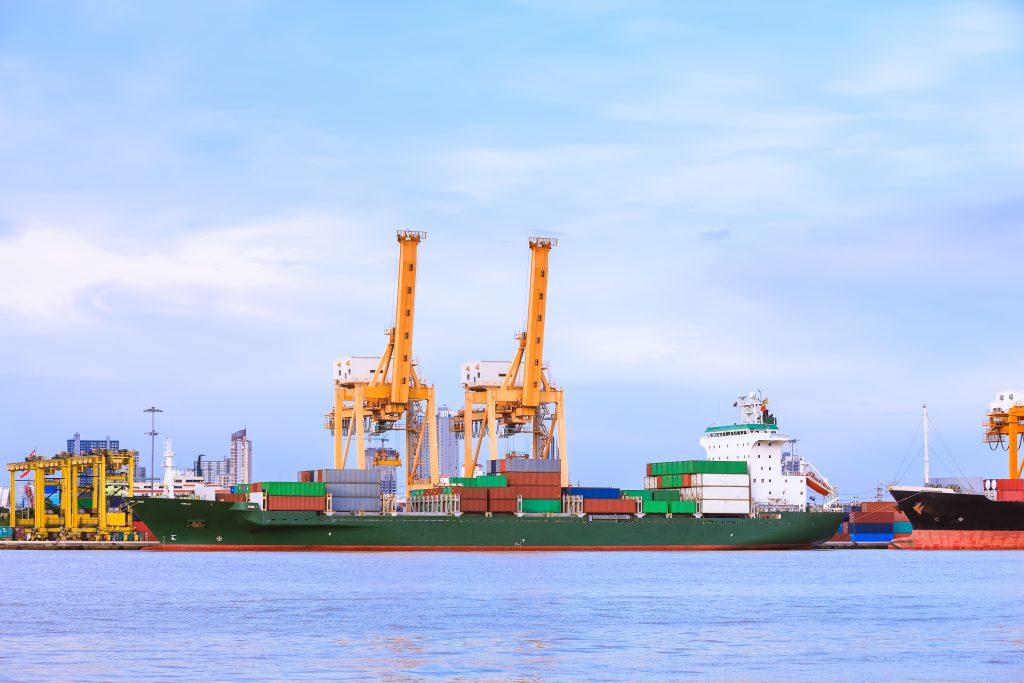
General Waste Management at Zira Port:
At Zirə Port, general waste refers to non-recyclable, everyday, non-hazardous waste. This waste is generated through various activities within the port, including administrative tasks, ship services, and routine maintenance. While general waste does not pose significant environmental risks, its proper management is crucial for maintaining the efficiency and cleanliness of port operations, especially within the framework of Zirə Port’s “green port” initiative.
Construction Demolition Debris at Zira Port:
